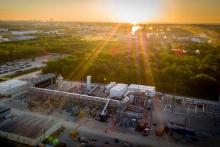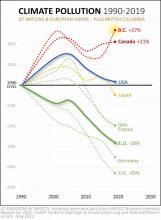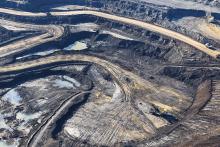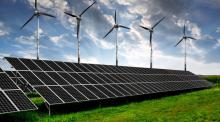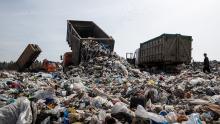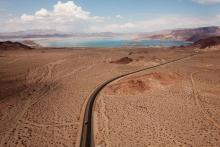Electric vehicles are here, and they are essential for decarbonizing transport. The United Kingdom, California, the European Union, Canada and others plan to phase out the sale of fossil-fuelled vehicles as early as 2030 — Norway plans to do it sooner. Consumers are interested. In May, the Ford Motor Company unveiled an all-electric version of its best-selling pick-up truck, the F-150 Lightning.
October 28th 2021
Equalization payment policy always produces an energized discussion in Canada, particularly between Quebec and Alberta. During a recent election, a province’s quasi-referendum on changing the concept of equalization was supported by a substantial 41 per cent. Not the one held in Alberta this month, I’m talking about Quebec.
